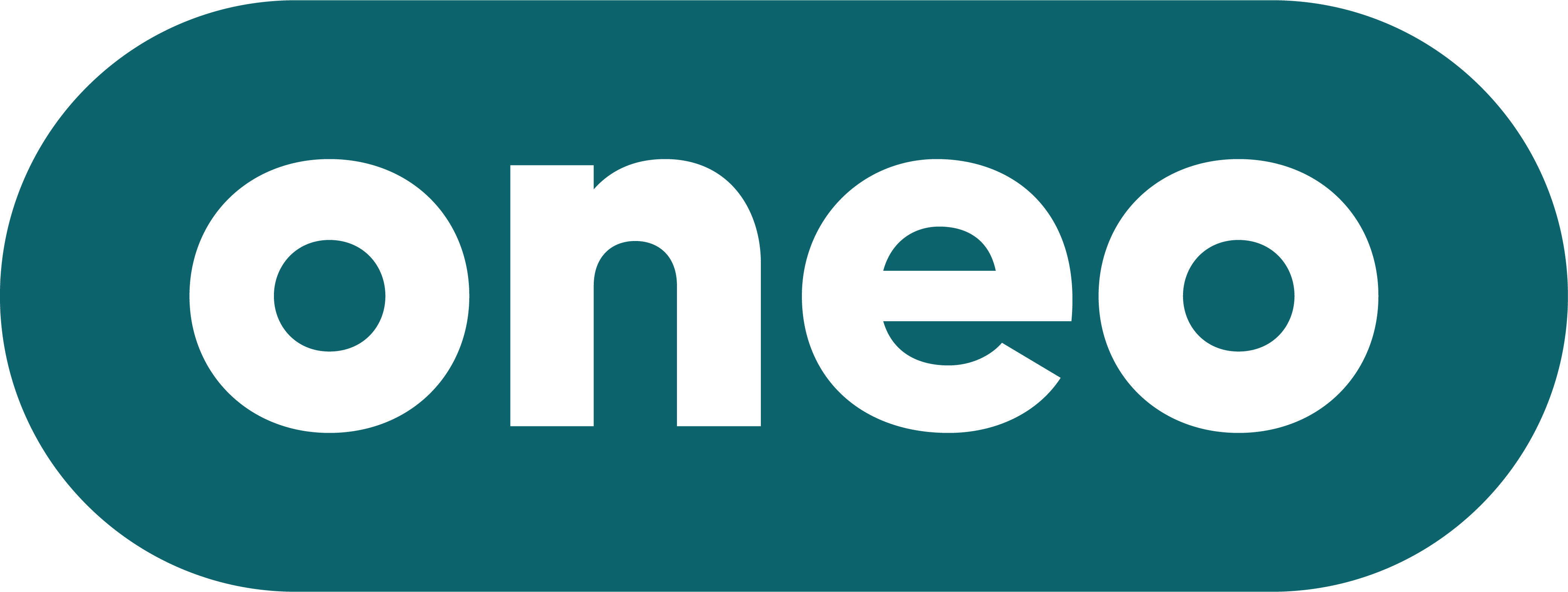The Future of Recruitment: AI-driven Hiring
The recruitment process is constantly evolving, and the rise of AI technology has revolutionised the way companies find and hire new talent. AI-driven recruitment is the use of artificial intelligence (AI) to automate and improve the recruitment process, from screening applications to scheduling interviews to making hiring decisions. It promises to make the recruitment process more efficient, accurate, and cost-effective. But is this technology really up to the challenge?
The Benefits of AI in Recruitment
AI-driven recruitment offers a range of benefits for employers and job seekers alike. The most significant benefit is that it can lead to faster decision-making. According to a study by MIT Sloan Management Review, AI-driven recruitment decisions can be made up to 50faster than human decisions. This can be especially beneficial for large companies with high volumes of applications. AI-driven recruitment can also lead to more accurate, consistent, and data-driven decisions, according to a study by the Harvard Business Review. AI can analyse large amounts of data to find the best-suited candidates for a job based on relevant criteria. Additionally, AI-driven recruitment can save companies time and money. By automating the screening process, companies can eliminate the need for manual screening of applications, freeing up HR staff to focus on more strategic tasks.
Challenges of AI in Recruitment
Despite its many benefits, AI-driven recruitment also comes with certain challenges. One of the biggest challenges is that AI can lead to biased decision-making. According to a study by the American Association for the Advancement of Science, AI-driven recruitment can lead to biased decision-making if the data used to train the AI system is biased. This means that companies must be careful to ensure that the data used to train the AI system is free from bias. Additionally, AI-driven recruitment may not always lead to the best decisions. AI systems are only as good as the data they are trained on, and if the data is incomplete or inaccurate, the AI system may not make the best decisions.
Use Cases of AI in Recruitment
AI-driven recruitment can be used in a variety of ways. According to a study by G2, AI-driven recruitment can be used to automate the screening of resumes and applications, as well as to identify the most qualified candidates. AI can also be used to automate scheduling of interviews and to analyse the results of interviews. Additionally, AI can be used to automate background checks and to analyse the results of assessments and tests.
Advantages and Disadvantages of AI-driven Recruitment
AI-driven recruitment has both advantages and disadvantages. On the plus side, AI-driven recruitment can lead to faster decision-making and more accurate, consistent decisions. Additionally, it can save companies time and money. On the downside, AI-driven recruitment can lead to biased decision-making if the data used to train the AI system is biased. It can also lead to inaccurate decisions if the data used to train the AI system is incomplete or inaccurate.
Ethical Considerations of AI-driven Recruitment
AI-driven recruitment raises important ethical considerations. Companies must take steps to ensure that the data used to train the AI system is free from bias, as AI-driven recruitment can lead to biased decision-making if the data is biased. Additionally, companies must be sure to use accurate and complete data to train the AI system, as AI-driven recruitment can lead to inaccurate decisions if the data is incomplete or inaccurate. Companies must also be aware of the potential ethical implications of using AI-driven recruitment to make hiring decisions and take steps to ensure that the recruitment process is fair and ethical.
The Bottom Line
AI-driven recruitment offers a range of benefits for employers and job seekers alike, from faster decision-making to more accurate and consistent decisions. However, it also comes with certain challenges, from the potential for biased decision-making to the risk of inaccurate decisions. Companies must be aware of these challenges and take steps to ensure that the data used to train the AI system is free from bias and that the recruitment process is fair and ethical. By taking a thoughtful and responsible approach to AI-driven recruitment, companies can use this technology to make the recruitment process more efficient, accurate, and cost-effective.
Start Your AI-driven Recruitment Journey Today With Oneo
At Oneo, we are passionate about helping companies make the most of AI-driven recruitment. Our AI-powered recruitment platform enables companies to quickly and accurately assess job applications and identify the best-suited candidates for their roles. So why wait? Start your AI-driven recruitment journey today with Oneo and revolutionise the way you find and hire new talent!


